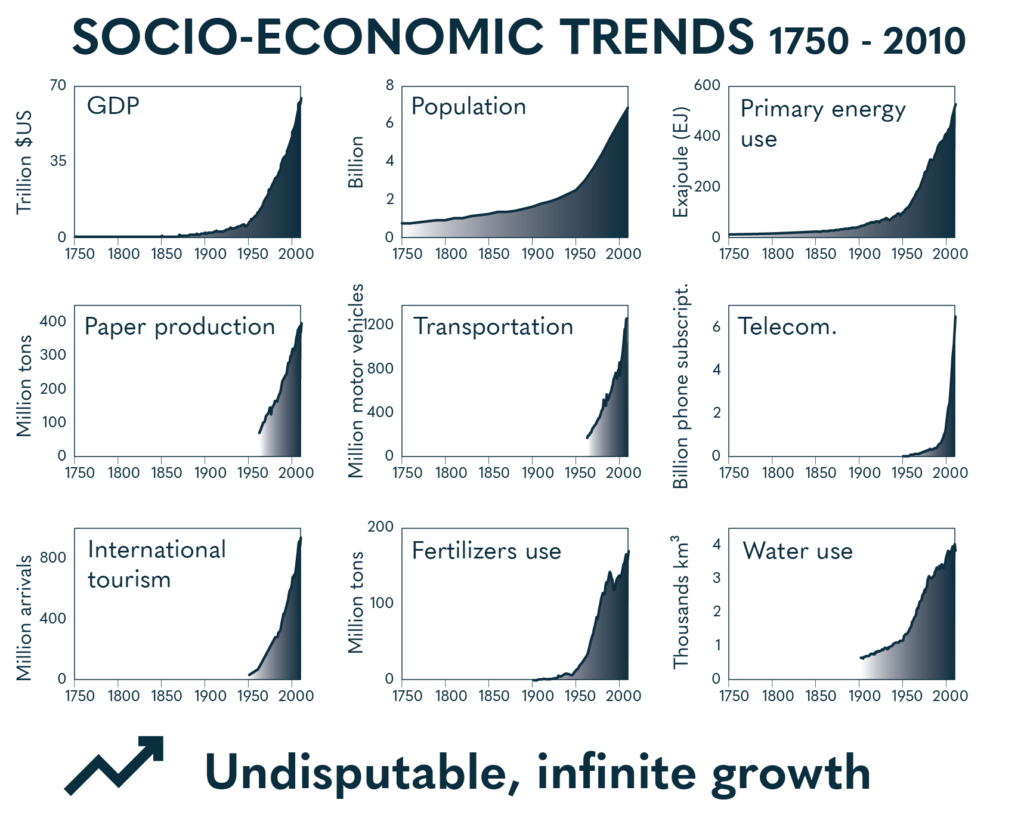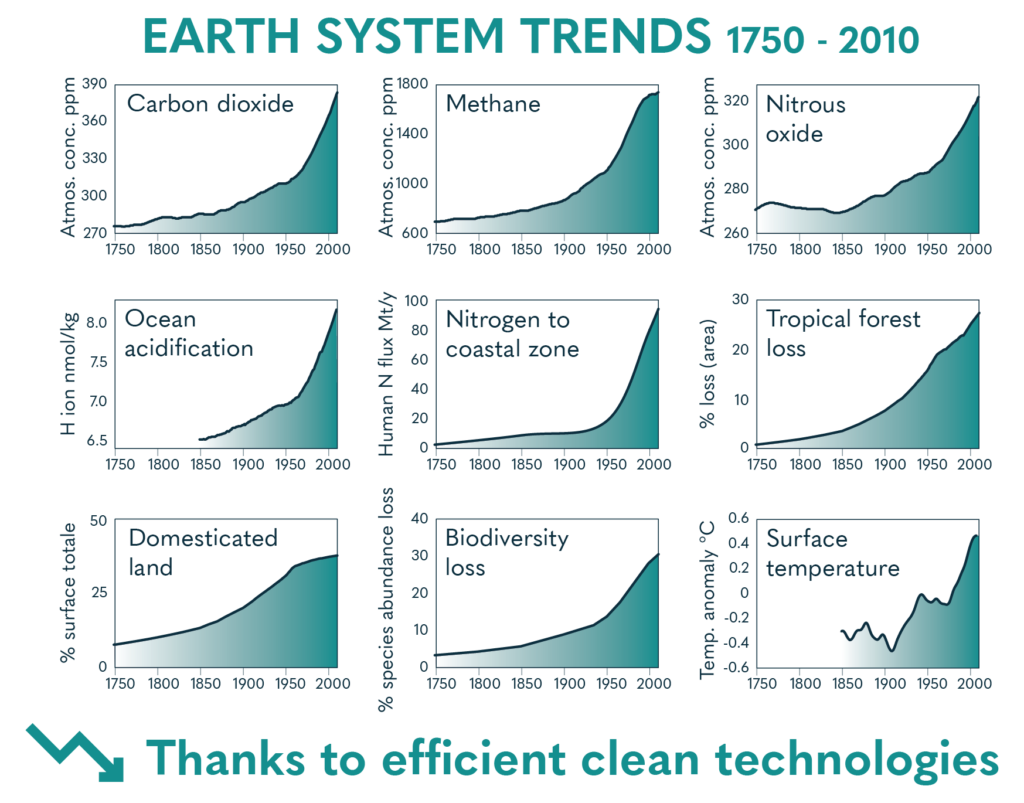

EAPOSYS SA appoints Stephanie Vetsch as Director North America
Experienced Chemical Engineer in Oil&Gas, Biofuels and Sustainability | IMD MBA
EAPOSYS Advanced Geothermal Systems
SPEcial Geothermal Talks #13
Society of Petroleum Engineers – Europe Energy GeoHackathon
EAPOLAB initiative for arctic communities
Stavanger Seminar 2024 – Transfer in Focus – Is O&G drilling and well competence needed for geothermal resource extraction?
EAPOLAB initiative to realize Advanced Geothermal Systems
Offsnet – Geothermal Transition Summit Europe 2023, Berlin.
“Scale European geothermal operations by collaborating with the oil and gas industry to enhance commercial viability, and position geothermal energy as a core provider of green heat.”
Women are key to the transition, aren’t they?
We live in a world of competition. The foundation of our global economy lies on the principle of endless capital accumulation, on making money just
The energy transition needs social sciences
Switzerland must become carbon neutral by 2050, while decommissioning nuclear power and reducing foreign energy dependancy. Conventional wisdom expects electrification using electricity supplied from renewable
Lucidity, pragmatism and actions for a novel ethical agenda!
Failing to phase out fossils leads us to a climate dead-end and to crash into the wall of finite resources.
We are concerned about the future of our civilization and believe the window of opportunity to face environmental, social, and economic crises is closing.
We make a solid science-based and practical call for public and private interests to collaborate on a fair and consequent phasing out of fossil fuels.
Grow wiser through sobriety
The dominant socio-economic paradigm has brought our civilization into a non-virtuous cycle linking economic growth to ever-increasing energy and resources consumption with associated environmental breakdowns.
The current energy transition narrative suggests that carbon neutrality by 2050 will be reached thanks to:
- A (hypothetical) massive deployment of new renewable energies
- A drastic diminution in fossil energies demand (while these are necessary to the industrialization and deployment of new renewables) and finally
- The success (which remains to be demonstrated) of carbon capture storage technologies

Absolute
decoupling

Figure adapted from Fig. 1 & 3 in Steffen et al. (2015). The trajectory of the Anthropocene: The Great Acceleration.
The dominant transition narrative suggests that fossil fuels will be substituted by low-carbon, renewable energy sources. This is seen by many as the solution to maintain our technology intensive lifestyle without associated environmental damages: dirty energies will be replaced by clean and efficient technologies, problem solved.
More than half a century of sustainable development has shown ZERO EMPIRICAL EVIDENCE of decoupling economic growth from environmental breakdowns. On the contrary, every single socio-economic and environmental trend is on a great acceleration trajectory: extracting activities and associated pollutions keep growing faster as our ability to recycle materials and regenerate ecosystems.
Can we still believe that an absolute decoupling between global GDP and energy/resources consumption is possible?
Shouldn’t the lion share of the ecological transition be found in a reduction of energy and resources consumption by all means?
